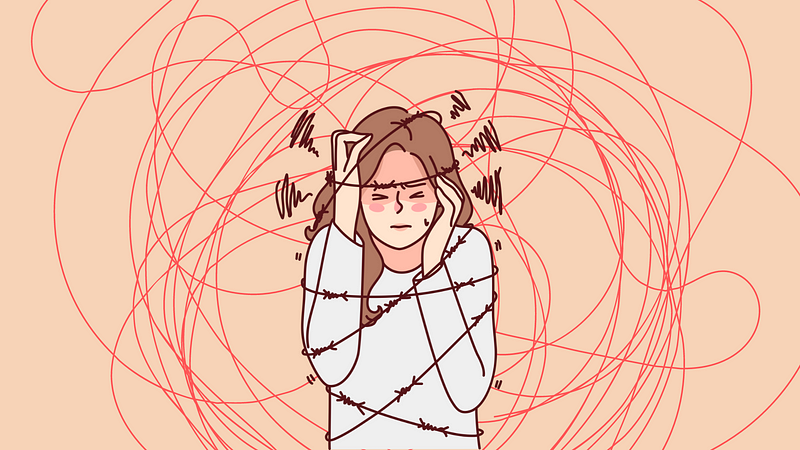Title: Rethinking Intellect: The Hidden Costs of Overthinking
Written on
Chapter 1: The Praise and Peril of Human Intellect
For centuries, humanity has celebrated intellect as the defining factor that distinguishes us from the animal kingdom. Our advanced cognitive abilities and larger brains supposedly elevate us above other creatures, even the majestic ones like tigers. But is that truly the case?
The Roman thinker Cicero extolled the virtues of human reasoning, asserting:
“There is no occupation so sweet as scholarship; scholarship is the means of making known to us, while still in this world, the infinity of matter, the immense grandeur of nature, the heavens, the lands and the seas. Scholarship has taught us poetry, moderation, greatness of heart; it snatches our souls from the darkness and shows them all things, the high and the low, the first, the last and everything in between; scholarship furnishes us with the means of living well and happily; it teaches us how to spend our lives without discontent and without vexation.”
While our ability to think is essential for navigating challenges—like the maze of an IKEA store—does it actually enhance our quality of life?
Despite Cicero and other philosophers asserting that intellect illuminates our path to happiness, we currently face a pandemic of mental health issues. Can we confidently say that our reasoning abilities offer the salvation we seek? Can intellect truly shield us from the depths of depression or the suffocating grip of anxiety?
Consider the story of the Greek philosopher Pyrrho, who was on a ship caught in a fierce storm. While chaos erupted among the passengers, the only creature unaffected by the panic was a small pig calmly resting in a corner.
“What use is knowledge if for its sake we lose the calm and repose which we should enjoy without it and if it makes our condition worse than that of Pyrrho’s pig?” — Michel de Montaigne.
In this instance, the pig, free from the burdens of human intellect, remained undisturbed amidst the turmoil.
Montaigne argued that human intellect often detracts from our lives rather than enhancing them. He lamented:
“We have been allotted inconstancy, hesitation, doubt, pain, superstition, worries about what will happen (even after we are dead), ambition, greed, jealousy, envy, unruly, insane and untamable appetites, war, lies, disloyalty, backbiting and curiosity. We take pride in our fair, discursive reason and our capacity to judge and to know, but we have bought them at a price which is strangely excessive.”
He proposed that animals, guided by instinct, live more fulfilling lives than we do under the weight of our intellect. Imagine a goat, peacefully grazing without concerns about bills, politics, or social perceptions—simply existing in the moment, embodying tranquility.
In contrast, humans excel at worrying, often fixating on the most trivial matters. Even in seemingly perfect circumstances, we conjure new anxieties—like slow WiFi or misplaced cursors across multiple screens.
It seems irrelevant whether there’s a legitimate cause for concern; our intellect will inevitably spotlight something amiss, robbing us of joy and contentment within moments.
Meanwhile, the goat has opted for a restful nap.
“Dare we conclude that the benefit of reason (which we praise so highly and on account of which we esteem ourselves to be lords and masters of all creation) was placed in us for our torment?” — Michel de Montaigne.
Perhaps the issue lies not within our intellect itself but in our inability to manage it. Instead of possessing intellect, we often find ourselves enslaved by it, at the mercy of our thoughts, fears, and anxieties. Rarely do we interrogate the raw emotions that lead us to panic like the distressed passengers during the storm, rather than savoring the fleeting time we have on this Earth.
So let us, from time to time, admire the goat and embrace the idea of taking a peaceful nap.
Section 1.1: The Illusion of Control
The belief that we control our intellect may be misleading. Instead, it often dictates our emotional landscape, leaving us overwhelmed and anxious.
Subsection 1.1.1: The Calm of the Goat

Section 1.2: Embracing Simplicity
In a world of complexities, perhaps the key to happiness lies in simplifying our thoughts and embracing the present moment, just like the goat.